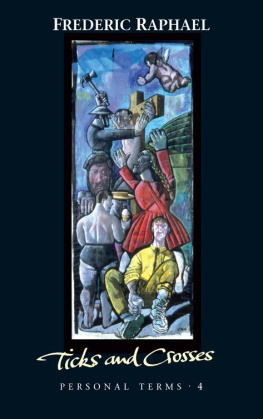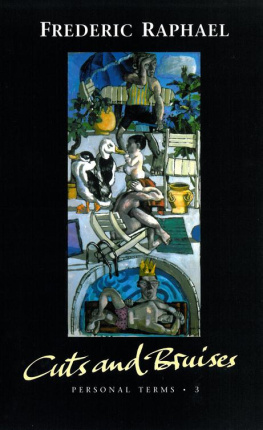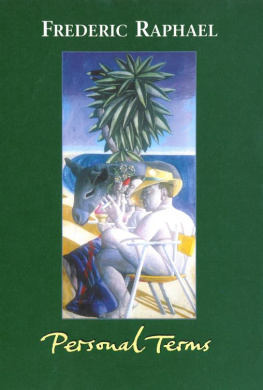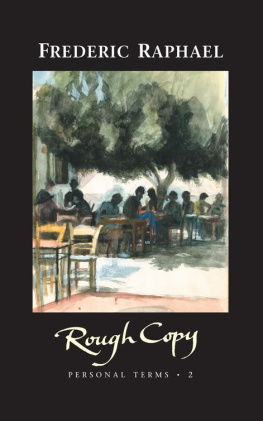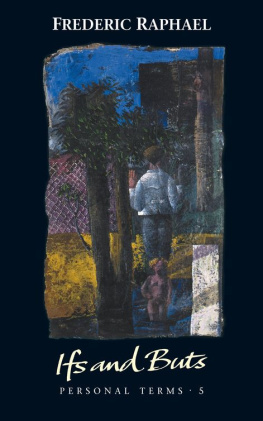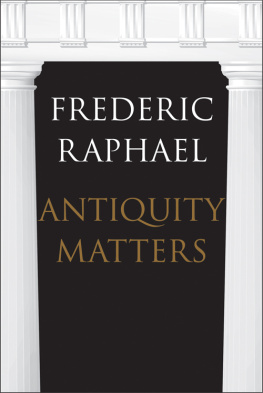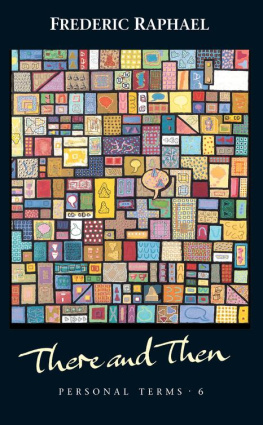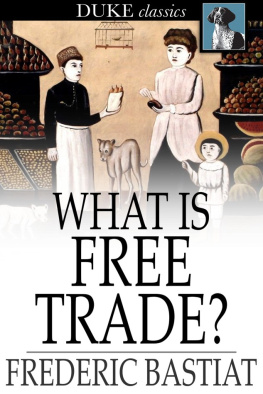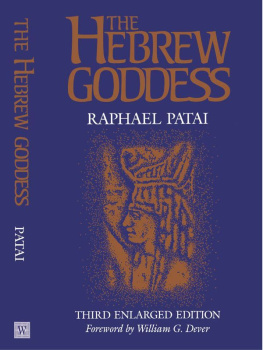In one of his transports of bibulous lamentation, Kingsley Amis remarked that writing was a miserable, lonely trade. I have never minded the loneliness, which in my case has been offset by the pleasures of a long marriage. What could be more delightful than never to have disputatious colleagues, never to be subject to office politics, never to wonder if one was going to catch Gladyss cold or be cornered in another lunch with captious Colin? Yet the writer is certainly a tradesman hedged by threats of disappointment (bad reviews) or disaster (the inability to make a living). Without a private income, he enjoys a fragile independence, dependent on finding a market or a patron. Will they like it? is a recurrent question. He remains, to some extent, an eternal examinee, craving applause or honours. However grand or abstruse his answers, he is forever sitting papers, after which he waits for his marks and is promoted or relegated by forces he can never control.
Affectations of indifference to critical opinion are nearly always bravado: malice may be common, and injustice not unknown, and both must be sometimes endured; but it takes a rare spirit to be exhilarated like Albert Camus Meursault, in Ltranger by the prospect of howls of execration. The only form of writing which exempts its author from fear of a bad reception is whatever is composed for his eyes only. My notebooks were not written merely because what was said in them would remain immune to criticism, but they have been filled, for more than fifty years, with private scribblings which I never expected would be seen by anyone else; when they issued in self-pity, or in self-importance, I hoped as much. I tried not to bore myself, but I had no fear of boring others: I could say what I wanted to say without fearing accusations of cruelty, self-indulgence or effusiveness.
It was only after decades of accumulation that I realised that my sketch-books, as it were, might be of interest to others. The realisation was hardly original: whether intended for publication or not, writers notebooks, like their letters, are often among their most enjoyable legacy. Herzen, Dostoyesvky, Henry James (I particularly relish his lists of possible names for fictional country houses), Henry de Montherlant, Somerset Maugham, George Seferis, Andr Gide, Drieu la Rochelle have all proved the pleasure to be found in fragmentary compositions.
It is nice to imagine that, without the pressure of editors or producers, a man writing only for himself might contrive a private idiom, richer in nuance, more daring in expression, than the well-rubbed public language. Wittgensteins prolonged arguments with himself, and others, about private languages admitted the temptation, but denied the possibility, not of a code, nor of secret meanings, but of a language somehow truer or more apt than that spoken at large. Had I contrived a lingo impervious to understanding or translation by anyone else, how should I be able to understand it myself? My cahiers were privately written, but privacy is not of their essence. In many cases, they are filled with notes for books, stories or films and, on other pages, with attempts to make things clear in my own eyes: English is the best language available to me in which to talk, even to myself, though I do sometimes mutter, or posture, in French.
There is no paradox in the fact that what was never intended for them is now being edited for others to read. However, once this happens, exemption from other peoples judgements has to lapse. In editing my notebooks, I become my own other, as critical cant has it, and am tempted to cut my more callow utterances, to curtail solecisms and to leave my hobby-horses in their stables. Broadly speaking, I contrive to be my own cosmetic surgeon. On the other hand, since I have never entirely trusted a writer who affects to observe the world from a stance of immutable maturity, I have not excised all my navets.
The title Ticks and Crosses derives from the curt critical practice of my friend, the late Guy Lee. Guy was my patient supervisor at Cambridge at a time when I should have been honouring scholarly obligations, but spent too much of my time in undergraduate skittishness. He was, and remained, an exemplary don, never seduced by the hope of wider fame or of the television celebrity which, more than fifty years ago now, came to Glyn Daniel, another Fellow of St Johns, who chaired the television quiz Animal, Vegetable, Mineral, in which archaeologists tried to divine the provenance of some arcane ancient artefact. Sir Mortimer Wheelers roguishly upturned moustache (the objective correlative of his amorous reputation) and rare knowledge promoted him into a national figure. The programme was the first symptom of the emigration of scholarship to a new world of media fame and, in not a few cases, fortune.
Guy was neither emulous nor envious. His progress in the Tripos had been interrupted, after a First in Part One, by the outbreak of war. He served for five years, part of the time stationed in Iceland, which was not his first choice of posting, but where he learnt the language. On his return to St Johns, he prepared to sit for Part Two of the Classical Tripos, but the college was short of competent young Fellows, so it was suggested that he not trouble himself with Part Two (in which he was bound to get the necessary First), but become the teaching Fellow which he remained for some sixty years. He never acquired a doctorate and he was never lured by foreign professorships.
Guy published many learned papers and translated Latin poetry with precise authority. His version of Ovids Amores was quite free: as much imitation as translation. But when he came to Virgils Eclogues, Tibullus, Catullus and especially Horace, he agreed with Vladimir Nabokov that it was not the translators office to improve the original: one should simply convey its meaning with as much accuracy and self-effacement (not always Nabokovs first quality) as the despised pony. Guy matched Horaces metre and, where he could, his word count. He never deviated from the constriction piety imposed on fancy. He was one of those leather-elbowed English gentlemen whose modesty was his only form of ostentation.
After leaving Cambridge, I suffered a belated crisis of conscience with regard to the Classics and sought, too late, to repair the holes in my knowledge. My interest was revived more by books such as Jane Harrisons Prolegomena to the Study of Greek Religion (unknown to me in Cambridge) than by classical texts. I was a ready convert to the modern vice of giving more attention to opinions than to the dusty demands of philology. I flinched from that dread pair of twins, Liddell and Scott, Lewis and Short, whose dictionaries I still keep on an adjacent shelf.
I began to make a practice of translation only in the 1970s when I returned to the idea of writing a novel about Catullus. By way of preparation (and postponement), I made translations which, I liked to think, would give a new squeeze in the epigraphers sense to the Catullan canon. I excused my exaggerations under the rubric of free association. In the middle of my scribbling (using a pencil made my excesses look provisional), I met Kenneth McLeish, then a schoolmaster at Bedales, and invited his comments. Chastened by his thoroughness and enthusiasm, I invited him to become my collaborator.
When our version was complete, we sent it to Guy Lee for his supervision. Neither cruel nor kind, he was specific and authoritative. He put ticks and crosses in our margin, and seldom needed to explain why. Two decades later, he revealed, in his own translation of Catullus, how he thought the job should be done, which was by no means the way Ken and I had done it. Recently, my old friend, that great and versatile scholar Peter Green, happily

